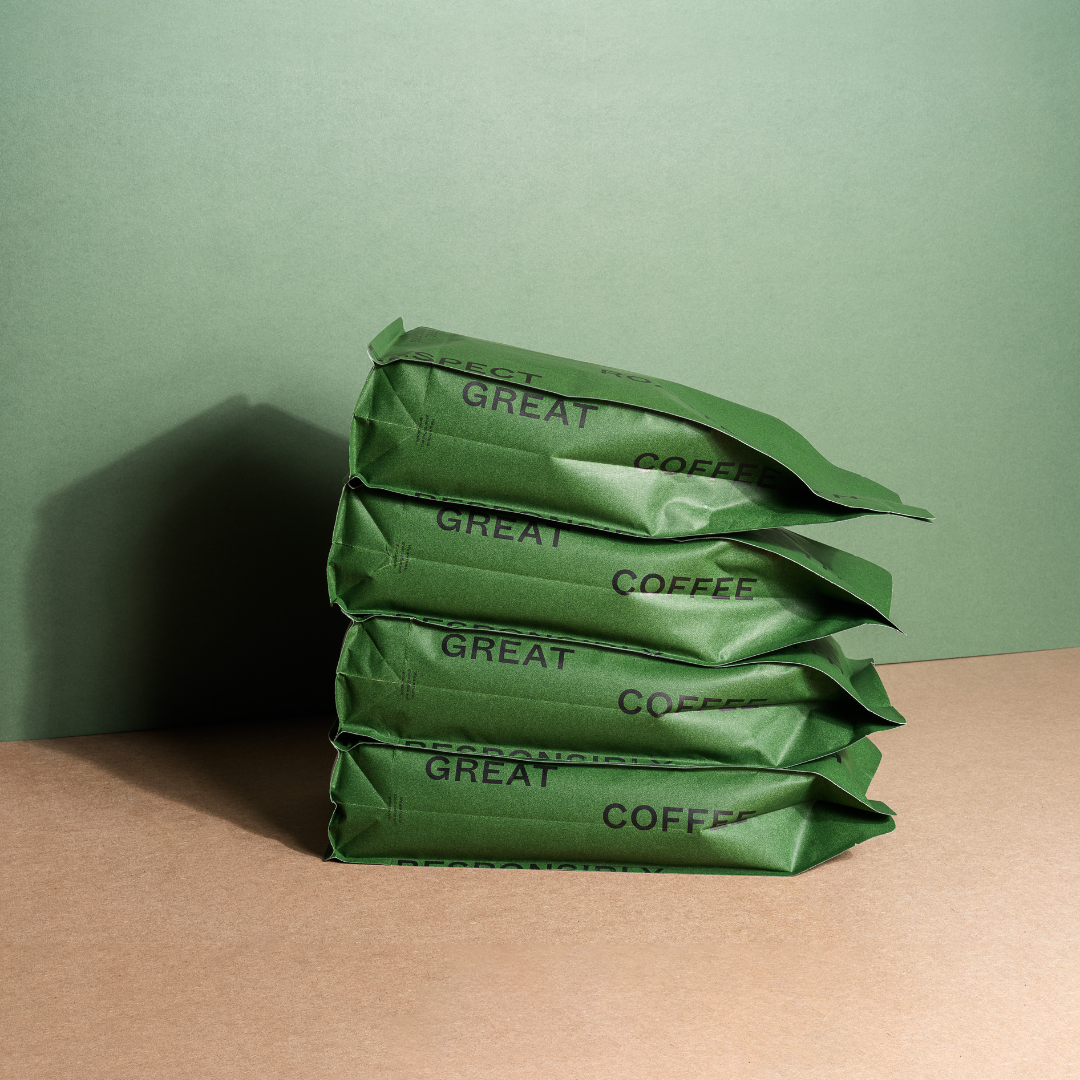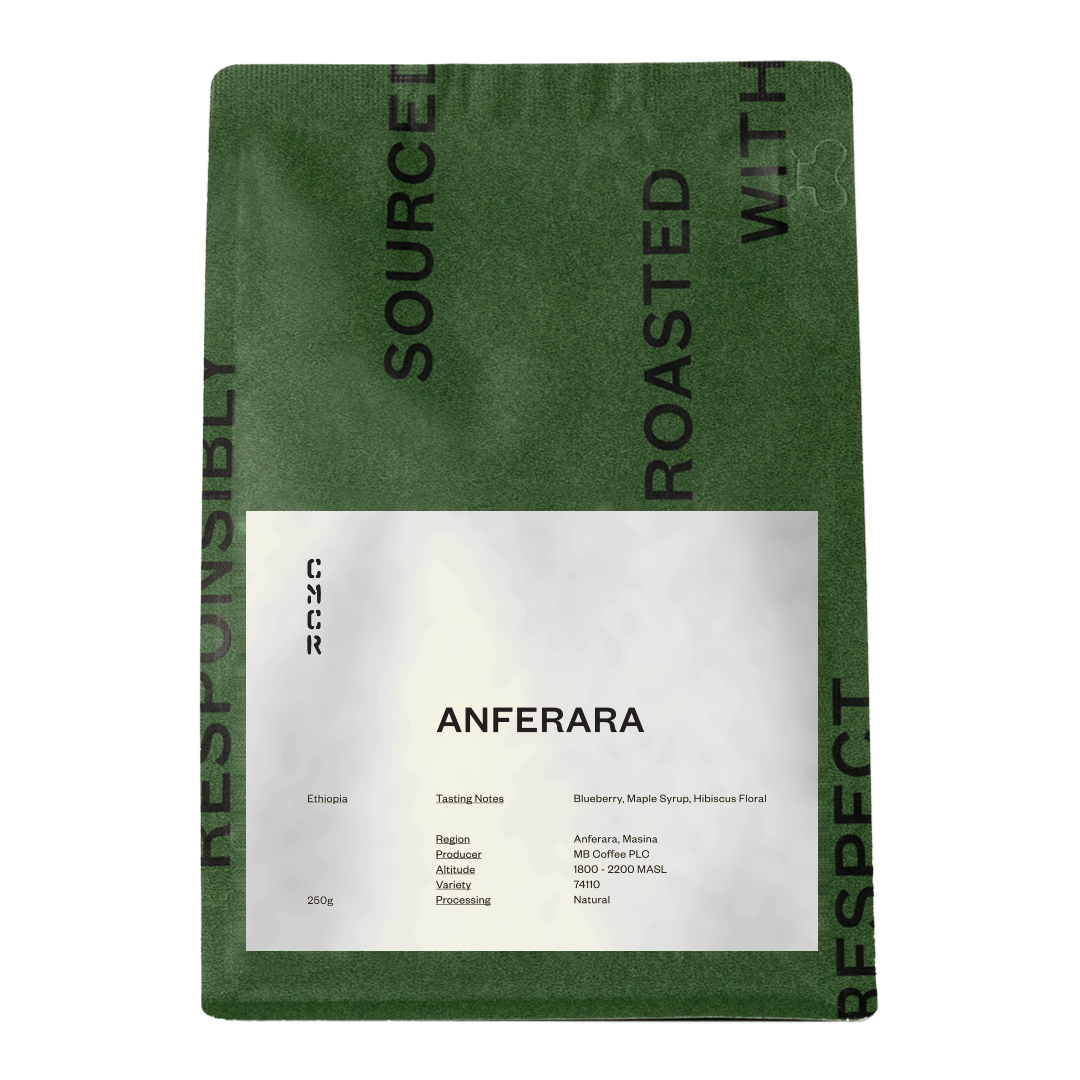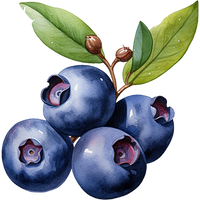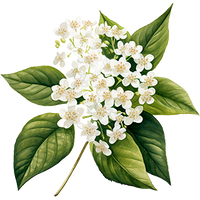Your cart is empty
Single Origin
Anferara, Ethiopia

Masina in Guji is home to some of Ethiopia’s oldest founding people, as well as abundant highlands of indigenous coffee trees among untouched forests. One would usually see coffee gardens in this part of Ethiopia, as opposed to commercially farmed land or organized crops. Producers of Anferara tend to their coffee trees in very high altitudes, surrounded by forest shade where the soil is rich, and the terroir is self-sustained from the naturally occurring compost of local flora. Even coffee waste is upcycled and returned to the land as compost to enhance the coffee tree’s health. Guji is also rich in minerals and for many years, visitors weren’t allowed into this region of gold, precious stones, and other rare resources. Today, the cultivation of coffee in Guji is well established and has helped put the region on the coffee map.
Produced by smallholders of MB Coffee PLC, this 72-hectare single farm lot is managed by Berehane Asamenew, an advocate for producing high-scoring coffees in traditional and experimental processing methods. In collaboration with approximately 300 local farmers, this coffee is certified organic, with farming practices rooted in tradition, less so in modern agricultural intervention. Smallholders deliver ripe coffee cherries yielded from a single varietal tree, the JARC 74110, to Berehane’s washing station where they are consolidated, sorted, and processed as a traditional natural.
MB Coffee PLC pays extra care to educating farmers on managing their crops, from selecting and planting seeds, to harvest and post-harvest maintenance. Their initiatives to support the farming community are motivated toward crop sustainability, improving quality, and financial security through frequent education-based programs.


There are no secrets to an excellent natural process coffee; it begins with harvesting and sorting coffee cherries of even ripeness, which are then laid out to dry on raised beds under the sun with careful supervision. Often a laborious manual process, sorting is essential to determine the potential quality of the coffee lot before or during its drying; any defective cherries or those with unripe and overripe characteristics can drastically affect the final cup quality and, inevitably, the price that’s paid for it. When the sun is brightest in the afternoon, the coffee is shaded to prevent drying too quickly, and they’re regularly turned to allow for even drying. After 20 – 30 days, they reach a moisture content of 11.5%, where they’re ready to be bagged and sent to the port’s mill.







